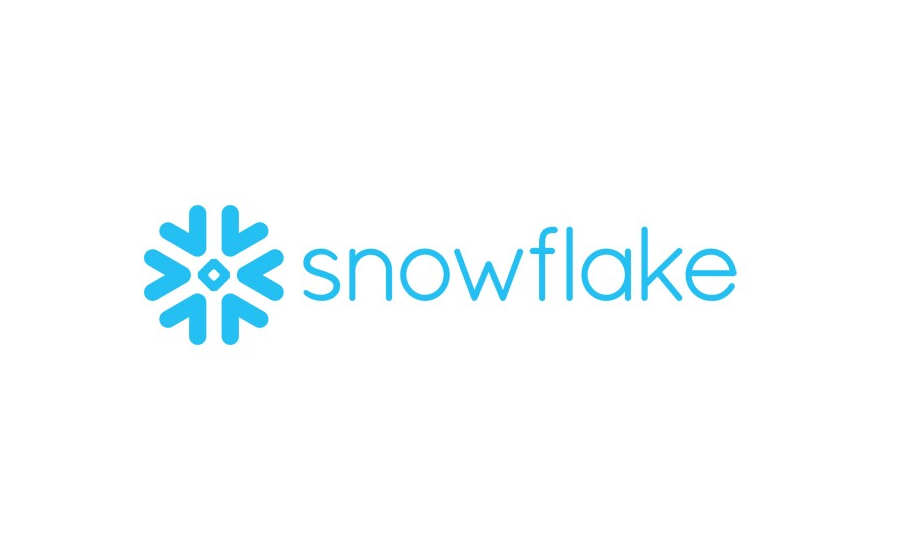

There was a growing notion that the data warehouse industry was dying.īut Dageville and Cruanes weren’t convinced. Their colleagues wondered if Hadoop, an open-source framework for storing and processing massive data sets across a cluster of computers, would make their work irrelevant. In 2012, the two soon-to-be co-founders of Snowflake, Benoit Dageville and Thierry Cruanes, were veteran data architects at Oracle – and Hadoop was dominating office discussions. Snowflake revived the data warehouse industry by building (and perfecting) a cloud-based data platform. So, how did they do it? How did Snowflake disrupt the data warehousing industry and continue to grow at such an astronomical rate? Like most success stories, there are a few factors at play here – but we’ve got you covered, outlining the top four reasons behind Snowflake’s success.ġ. Snowflake drives quarter-over-quarter growth with Drift. The company grew by 174% for the fiscal year ending January 31, 2019, with a net retention rate of 158%. Prior to IPO, Snowflake’s funding rounds were consistently in the multi-millions. But across the board, no one can deny that Snowflake has become a force to be reckoned with. Others are warier, looking at Snowflake’s net losses and saying the stock is overvalued. Much of the buzz is focused on the company’s unicorn status. With 28 million shares sold, the company raised more than $3 billion (and is currently valued at around $70 billion).Īnd everyone is talking about it.

Its shares more than doubled on this first day of trading: opening at $120, peaking above $300, and closing at a little less than $254. to date (it debuted on the New York Stock Exchange on September 16, 2020).
#SNOWFLAKE COMPANY SOFTWARE#
For one, Snowflake holds the record for biggest software IPO in the U.S. There’s quite a bit of evidence to back this up. It’s a move that didn’t go unnoticed, and the implication was clear: Snowflake is special. But the conglomerate broke with tradition specifically for Snowflake, purchasing $250 million worth of stock in a private placement (along with four million shares from the company’s previous CEO, Bob Muglia). For some perspective, Berkshire Hathaway – led by Warren Buffett, the “Oracle of Omaha” – hasn’t participated in an IPO offering in more than 50 years. With triple-digit growth and sky-high net retention rates, the cloud-based data warehouse company is a magnet for heavyweight investors like Salesforce Ventures and the notoriously tech-and-IPO cautious Berkshire Hathaway. Snowflake has become the stuff of Silicon Valley legends.


 0 kommentar(er)
0 kommentar(er)
